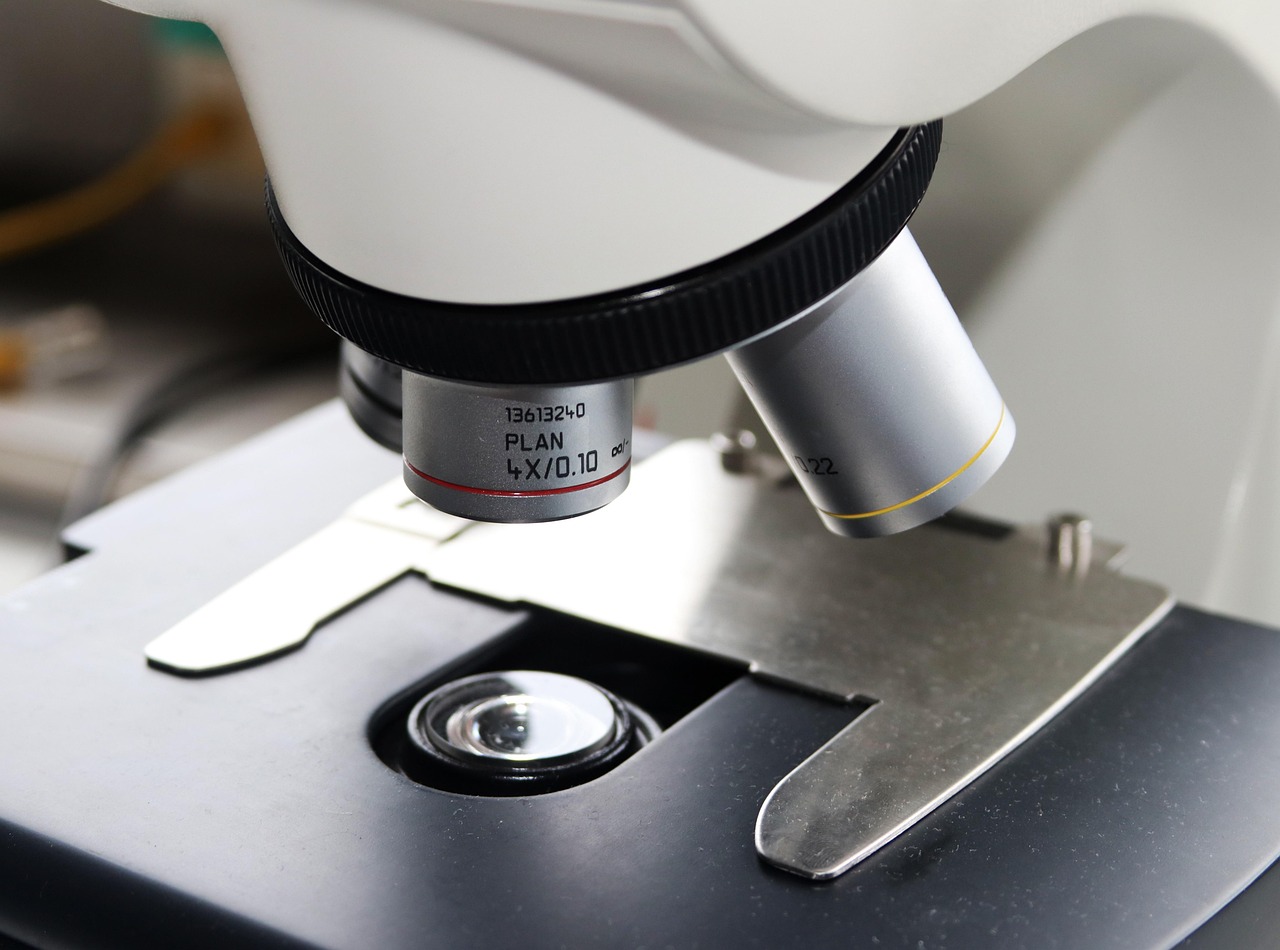GDPR Increases Fintech Investment in Compliance Automation

The General Data Protection Regulation (GDPR), introduced by the European Union in May 2018, has significantly influenced the landscape of financial technology (fintech). This regulation, which aims to protect the privacy and personal data of EU citizens, has prompted an increase in investment within the fintech industry, particularly in compliance automation. As companies strive to adhere to stringent data protection requirements, the need for sophisticated compliance solutions has grown exponentially.
GDPR has redefined how organizations handle personal data, imposing strict rules regarding data collection, storage, and processing. For fintech companies, which often manage large volumes of sensitive financial data, compliance is not just a legal obligation but a critical component of maintaining customer trust. The regulation mandates that companies ensure data transparency, obtain explicit consent for data processing, and implement robust data protection measures.
In response to these requirements, fintech firms are increasingly turning to automation technologies to streamline compliance processes. Automation not only enhances efficiency but also reduces the risk of human error, which is crucial in maintaining compliance with GDPR’s stringent standards.
The Role of Automation in GDPR Compliance
Automation technologies play a pivotal role in helping fintech companies navigate the complexities of GDPR compliance. Key areas where automation is making a significant impact include:
- Data Mapping and Inventory: Automated tools can efficiently map and inventory personal data across systems, ensuring that companies have a comprehensive understanding of where data resides and how it is processed.
- Consent Management: Automation platforms enable firms to manage and document consent from users effectively, providing clear records that are easily accessible for audits.
- Data Subject Requests: Automated systems facilitate the handling of data subject access requests, allowing companies to quickly respond to requests for data access, rectification, or deletion.
- Risk Assessment: Automated risk assessment tools help in identifying and mitigating potential data protection risks, ensuring that companies can proactively address vulnerabilities.
Global Impact and Investment Trends
While GDPR is an EU regulation, its impact is global. Companies outside the EU that process the personal data of EU citizens are also required to comply, broadening the scope of GDPR’s influence. This has driven a global surge in investment in compliance technologies, with fintech firms at the forefront of this trend.
According to industry reports, fintech companies have significantly increased their budget allocations for compliance technology. This trend is reflected in the growth of the regtech sector, which specializes in providing technology solutions for regulatory challenges. Regtech solutions are now a critical component of the fintech ecosystem, offering scalable and adaptable tools that cater to the evolving regulatory landscape.
Challenges and Opportunities
While the benefits of compliance automation are clear, fintech firms face challenges in implementing these technologies. Integrating automation tools with existing systems can be complex, requiring significant investment in both time and resources. Additionally, firms must ensure that automated solutions are secure and align with regulatory requirements.
Despite these challenges, the opportunities presented by compliance automation are substantial. By investing in advanced technologies, fintech companies can not only achieve compliance but also enhance operational efficiency and build customer trust. As regulatory landscapes continue to evolve globally, the role of automation in compliance will likely expand, offering fintech firms the tools they need to navigate complex regulations effectively.
In conclusion, GDPR has been a catalyst for change within the fintech industry, driving significant investment in compliance automation. As firms continue to adapt to regulatory demands, automation technologies will play an increasingly vital role in ensuring that companies meet their obligations while maintaining a competitive edge in the market.














